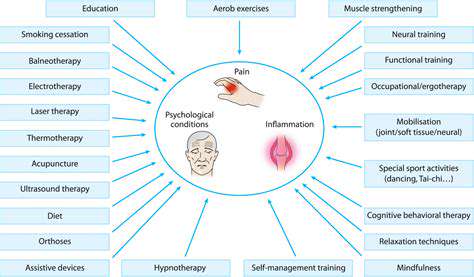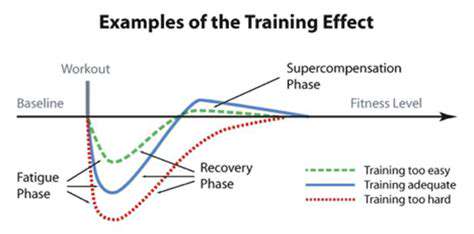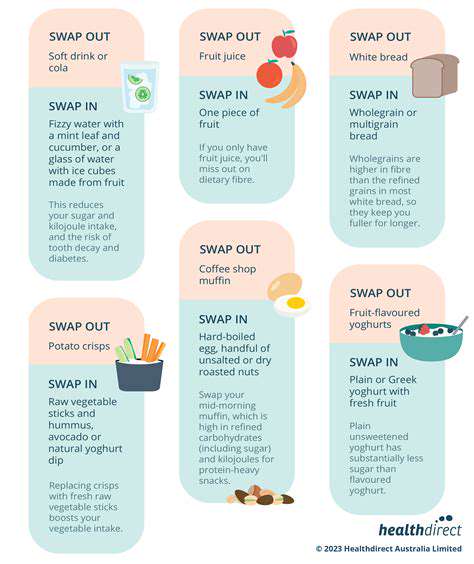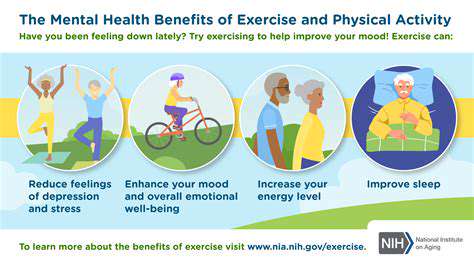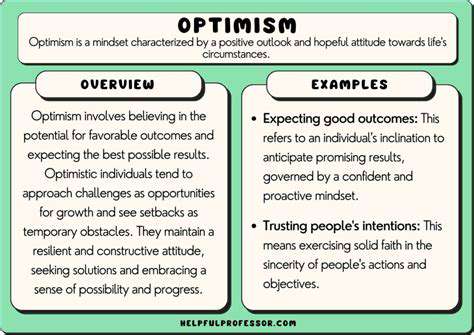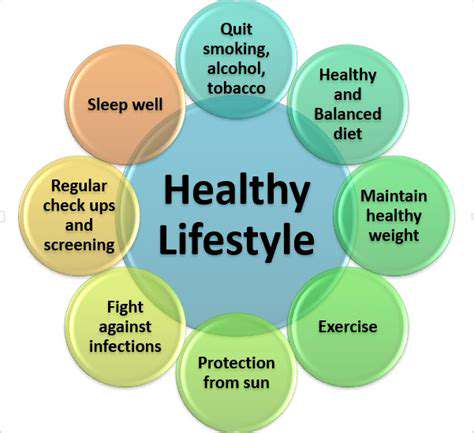Guide to Managing Type 2 Diabetes Naturally
Lifestyle Modifications for Improved Blood Sugar Control
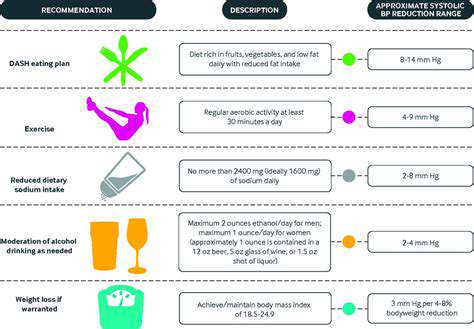
Dietary Changes
Making thoughtful changes to what we eat plays a fundamental role in maintaining healthy blood sugar levels. Swapping processed snacks for fresh fruits and vegetables can make a world of difference in how our bodies process glucose. Instead of reaching for sugary treats, try keeping sliced apples with almond butter or carrot sticks with hummus readily available. These simple swaps provide sustained energy without the blood sugar spikes.
Portion control matters more than many people realize. Using smaller plates, measuring servings, and pausing between bites allows our bodies to properly register fullness. Eating slowly not only aids digestion but also helps prevent overconsumption - a key factor in blood sugar management. Try putting your fork down between bites or having a glass of water with your meal to naturally pace yourself.
Stress Management Techniques
When stress hormones flood our system, they can wreak havoc on insulin sensitivity. Simple breathing exercises done consistently can counteract this effect. The 4-7-8 technique (inhale for 4 counts, hold for 7, exhale for 8) works particularly well when practiced morning and evening.
Regular short walks in nature serve as powerful stress relievers that also help regulate blood sugar. Even just 10 minutes outside can lower cortisol levels significantly. For those with busy schedules, scheduling these breaks as non-negotiable appointments can ensure they actually happen.
Physical Activity
Movement doesn't require a gym membership or expensive equipment. Simple bodyweight exercises like chair squats or wall pushups done in short bursts throughout the day can improve insulin sensitivity remarkably. Try doing a set every time you get up for a bathroom break or while waiting for your coffee to brew.
For those who dislike traditional exercise, dancing to favorite songs or gardening count as physical activity too. The key is finding something enjoyable enough to do regularly. Consistency trumps intensity when it comes to blood sugar benefits from movement.
Sleep Hygiene
Poor sleep disrupts hunger hormones and insulin function in ways that mimic prediabetes. Establishing a calming pre-bed routine - like reading fiction (not on screens) or taking a warm bath - signals the body it's time to wind down. Keeping the bedroom slightly cool (around 65°F) and completely dark promotes deeper, more restorative sleep.
Social Connection
Loneliness triggers stress responses that can impair metabolic function. Regular social interaction, even brief check-ins with neighbors or video calls with distant friends, provides emotional nourishment that supports physical health. Consider joining a walking group or cooking club to combine social benefits with other healthy activities.
Time Management and Organization
Chronic rushing and last-minute scrambling keep stress hormones elevated. Block scheduling - dedicating specific times for meals, movement, and relaxation - creates structure that supports metabolic health. Even something as simple as prepping tomorrow's lunch the night before removes decision fatigue and prevents unhealthy rushed choices.
Mindfulness and Meditation
Brief mindfulness practices can short-circuit stress responses before they impact blood sugar. The STOP technique (Stop, Take a breath, Observe, Proceed) takes just 30 seconds but helps break cycles of stress eating or inactivity. Over time, these small pauses rewire our relationship with food and movement.
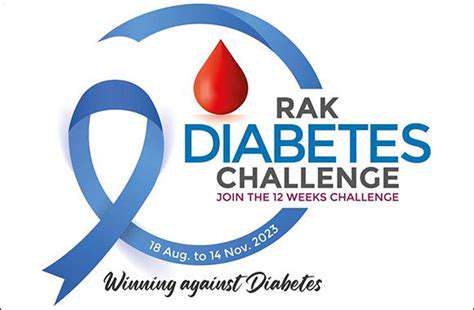
Supplements and Herbal Remedies (with Caution!)

Supplements for Overall Wellness
While whole foods should form the foundation of any health plan, certain supplements like magnesium and chromium have shown promise in supporting healthy glucose metabolism when used appropriately. Always discuss supplementation with your healthcare provider, as needs vary greatly between individuals.
Herbal Remedies and Traditional Medicine
Some traditional herbs like cinnamon and fenugreek have long histories of use in blood sugar management. However, natural doesn't automatically mean safe - these can interact with medications or have side effects just like pharmaceuticals. Professional guidance ensures proper use.
Potential Benefits of Supplement Use
Targeted supplementation can help address specific nutrient deficiencies that impair metabolic function. For example, many people with blood sugar concerns are deficient in vitamin D, which plays a role in insulin sensitivity. Testing helps identify actual needs rather than guessing.
Potential Risks and Side Effects
Self-prescribing supplements can be particularly dangerous for those on blood sugar medications, as some compounds may amplify or interfere with drug effects. Even common supplements like omega-3s can affect bleeding risk in some cases. Full transparency with healthcare providers is essential.
Important Considerations for Choosing Supplements
Quality varies dramatically in the supplement industry. Look for products that undergo third-party testing (like USP or NSF certification) to ensure they contain what the label claims without harmful contaminants. Beware of extravagant health claims - if it sounds too good to be true, it probably is.
Safety Precautions and Interactions
Keeping a detailed list of all supplements (including doses and timing) helps healthcare providers identify potential interactions before they cause problems. This simple practice could prevent dangerous combinations or duplications of ingredients.
Read more about Guide to Managing Type 2 Diabetes Naturally
Hot Recommendations
-
*Guide to Managing Gout Through Diet
-
*Best Habits for Financial Well being
-
*How to Build a Routine for Better Mental Health
-
*How to Eat Healthy on a Budget [Tips & Meal Ideas]
-
*Guide to Practicing Self Acceptance
-
*How to Incorporate More Movement Into Your Day
-
*Guide to Managing Chronic Pain Naturally
-
*Guide to Building a Reading Habit for Well being
-
*Top 5 Weight Loss Supplements That Actually Work
-
*Best Exercises for Postpartum Recovery [Beyond Abdominal Work]
